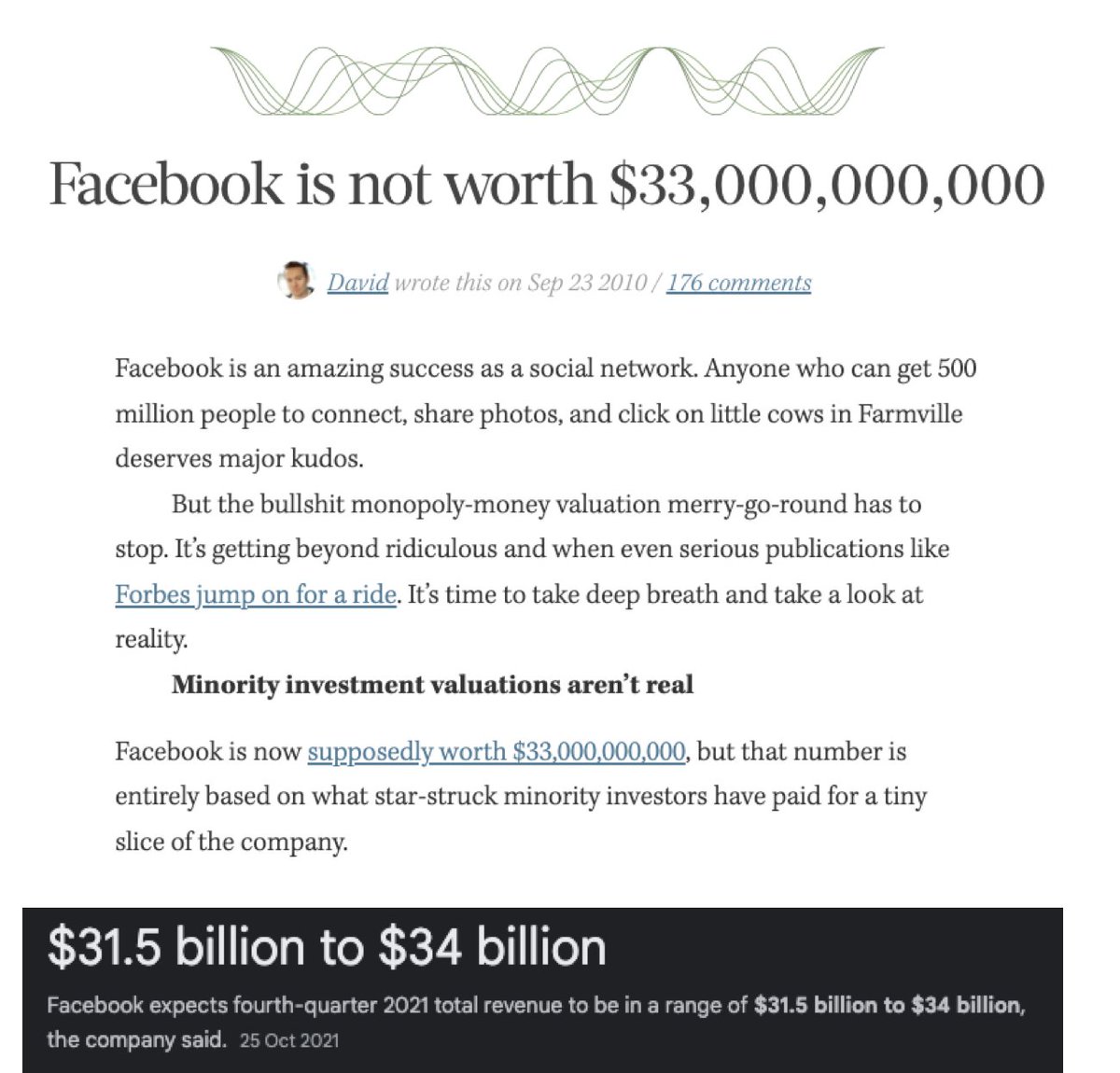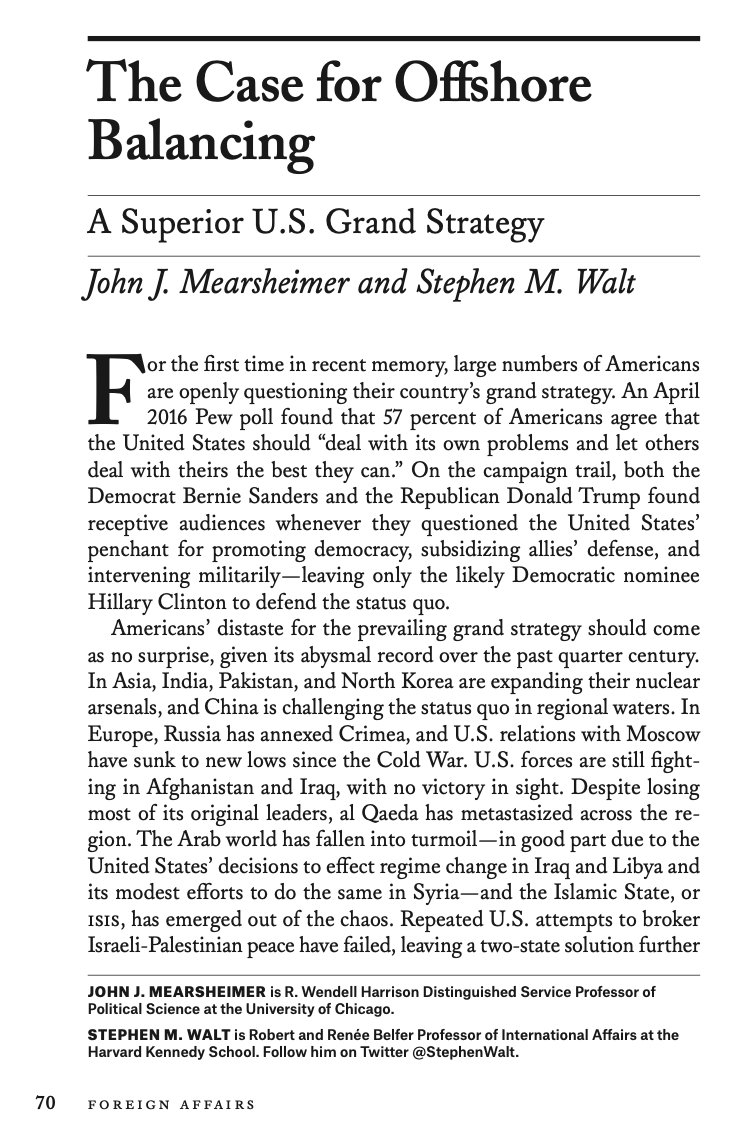
for-profit = for-profit
non-profit = for-status
non-profit = for-status
Rank order of motives
1) pursuing mathematical truth
2) pursuing science and technology
3) pursuing material things
4) pursuing power
5) pursuing status
Just for fun, let's compare nonprofits, Miami-style materialism, academia, media, Hollywood, tech, and DC on these motives.
1) pursuing mathematical truth
2) pursuing science and technology
3) pursuing material things
4) pursuing power
5) pursuing status
Just for fun, let's compare nonprofits, Miami-style materialism, academia, media, Hollywood, tech, and DC on these motives.
Nonprofit: makes no real claim to truth. Values political power and status above money. Indeed, these are engines to turn money into power and status.
Miami: honest about making money.
Academia: at its best, pursues truth, but often power (policy influence) or status (prizes).
Miami: honest about making money.
Academia: at its best, pursues truth, but often power (policy influence) or status (prizes).
Media: claims to be truth, but has no concept of mathematical or scientific truth, so ends up chasing money, status, power.
Tech: honest about pursuit of revenue and technology.
DC: honest about pursuit of power.
Tech: honest about pursuit of revenue and technology.
DC: honest about pursuit of power.
As someone natively drawn to the academic style, and who still prizes math above all, I've grown to appreciate Miami-style lamboism.
It's actually positive sum. All can have lambos, much as all got phones. But all cannot get Nobels.
It's actually positive sum. All can have lambos, much as all got phones. But all cannot get Nobels.
https://twitter.com/micsolana/status/1389628409614151684
Basically, there *are* contributions to humanity above material things. Mathematics being the canonical example.
But unless one is very tightly focused on that, it's easy to shallowly (and unconsciously) pursue status, instead of shallowly (and honestly) pursuing lambos.
But unless one is very tightly focused on that, it's easy to shallowly (and unconsciously) pursue status, instead of shallowly (and honestly) pursuing lambos.
Oh, skipped Hollywood. They are also honest about status. It doesn't bother an actor if you tell them they want fame & fortune. Duh, they want to be stars.
It does bother a nonprofit if you say they are a for-status. Concealment of motive, even to themselves, is a big thing.
It does bother a nonprofit if you say they are a for-status. Concealment of motive, even to themselves, is a big thing.
Fundamentally, the difference between for-profits and for-statuses is that for-profits are often for-results, because customers are paying for goods rather than donors paying for praise.
Not always — status does arguably drive open source — but often.
Not always — status does arguably drive open source — but often.
https://twitter.com/balajis/status/1351086063012483074
Neither is a panacea, of course.
Bank bailouts showed the for-profit failure mode — privatize profit, socialize loss. Crony capitalism.
And San Francisco shows the for-status failure mode — privatize praise, socialize harm. Nonprofits with non-solutions.
Bank bailouts showed the for-profit failure mode — privatize profit, socialize loss. Crony capitalism.
And San Francisco shows the for-status failure mode — privatize praise, socialize harm. Nonprofits with non-solutions.
https://twitter.com/ShellenbergerMD/status/1465363241425461249
One last remark
Suppose we distinguish between bien pensant philanthropy & unique things like the Clay Math Prize.
There's now a growing movement where multiple factions consider bien pensant philanthropy more suspect than direct, honest investment.
Eg:
cullenokeefe.com/blog/charity-d…
Suppose we distinguish between bien pensant philanthropy & unique things like the Clay Math Prize.
There's now a growing movement where multiple factions consider bien pensant philanthropy more suspect than direct, honest investment.
Eg:
cullenokeefe.com/blog/charity-d…
• • •
Missing some Tweet in this thread? You can try to
force a refresh



























